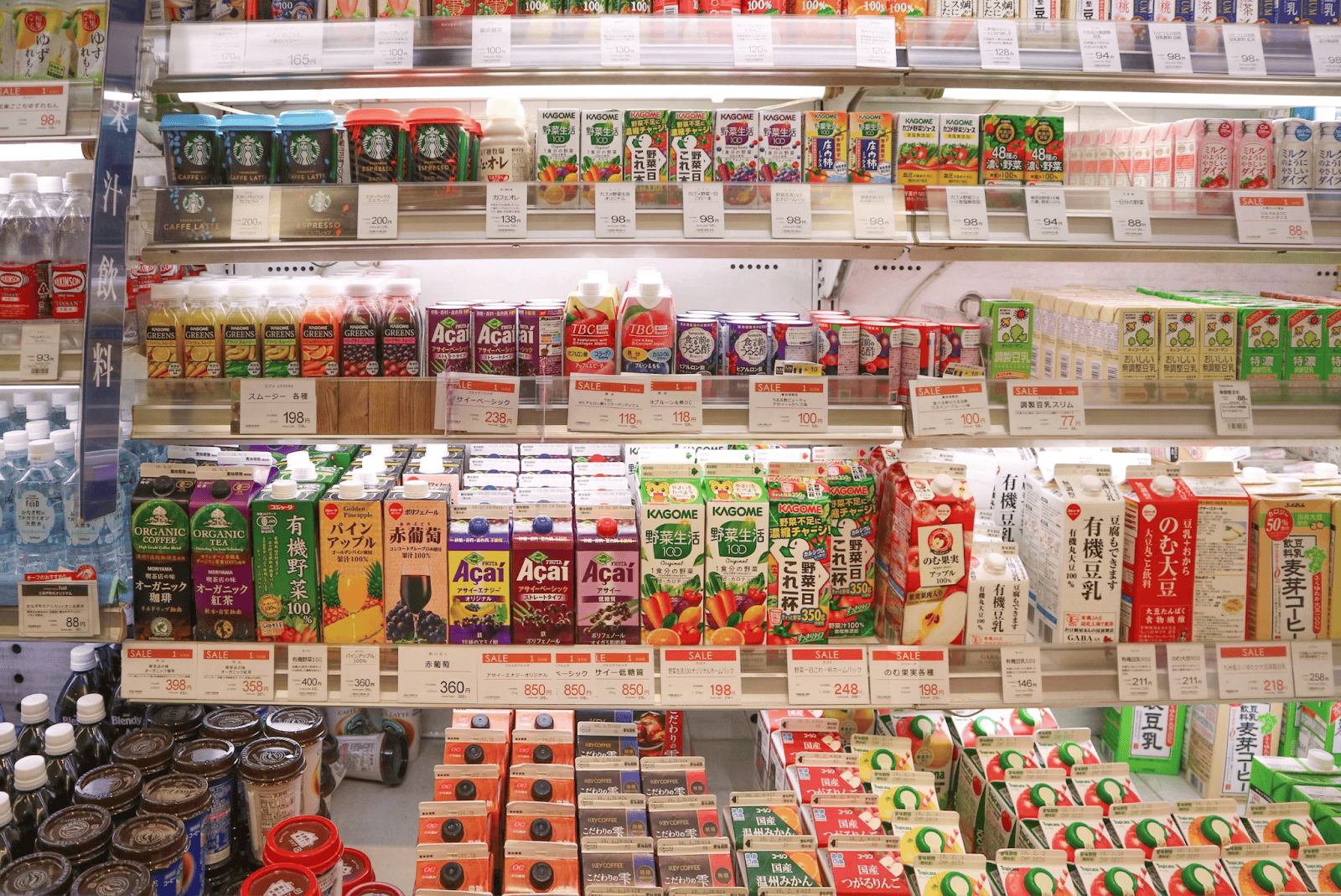[ad_1]
Within the bustling city landscapes of Japan, comfort shops—recognized domestically as “konbini”—symbolize way over simply fast stops for snacks or drinks. These 24-hour institutions have developed into important neighborhood hubs that seamlessly mix effectivity, high quality, and a outstanding breadth of providers in compact areas. Whereas American school campuses have their very own comfort shops, they usually fall in need of the konbini commonplace, usually providing restricted alternatives at premium costs in sterile environments that lack the heat and utility of their Japanese counterparts.
As somebody who spent a semester overseas in Tokyo whereas researching for my graduate college essay writing service undertaking on city neighborhood areas, I witnessed firsthand how konbini tradition may rework each day life. The combination of a number of important providers in a single accessible location created an setting the place college students and dealing professionals alike may effectively handle their each day wants with out disrupting their busy schedules—a mannequin that American universities would do properly to review and adapt.
The Konbini Revolution: Extra Than Simply Comfort
Japanese konbini chains like 7-Eleven, Lawson, and FamilyMart have redefined what comfort means. Not like their American counterparts, these shops provide contemporary, high-quality meals ready each day, intensive banking providers, package deal supply, invoice cost choices, printing services, and even authorities service entry factors—all inside areas usually no bigger than 2,500 sq. ft.
High quality Meals at Cheap Costs
Maybe probably the most hanging distinction between American campus comfort choices and Japanese konbini is the meals high quality. Whereas U.S. school comfort shops usually inventory processed snacks and frozen gadgets, konbini function freshly ready bento packing containers, onigiri (rice balls), sandwiches, and seasonal specialties that rotate commonly. These things are priced moderately and designed with vitamin in thoughts—not merely as gasoline however as pleasant meals.
American campuses usually cost hefty markups for comfort meals, whereas Japanese konbini provide full, balanced meals for beneath $5. This strategy displays a broader philosophy that contrasts with the strategy of the typical school essay writing service—specializing in depth and high quality slightly than merely assembly minimal necessities.
Multi-Practical Areas
Japanese konbini perform as micro-service facilities, providing:
- Banking ATMs with prolonged hours
- Package deal pickup and transport providers
- Invoice cost services
- Ticket buying for occasions and transportation
- Printing, copying, and scanning providers
- Free Wi-Fi
- Clear restrooms
- Recycling stations
Think about if campus comfort shops in America operated with this philosophy. A scholar may print an task, pay their utility invoice, decide up a prescription, mail a package deal, and seize a contemporary, inexpensive dinner—multi function cease between lessons. This stage of integration can be as handy as utilizing a graduate college essay writing service on-line to deal with educational duties whereas specializing in different obligations. Such effectivity would rework campus logistics, particularly for college kids with out automobiles or these with tight schedules balanced between work and research.

Effectivity With out Sacrificing High quality
What makes konbini really outstanding is their operational effectivity. Regardless of providing intensive providers, most areas are staffed by simply 2-3 staff at any given time. This effectivity extends to stock administration—a exactly calculated system ensures minimal waste whereas sustaining product freshness.
Japanese konbini have perfected the science of stock rotation by programs developed with insights from graduate college utility essay writing service analysis on retail effectivity. Gadgets are restocked a number of occasions each day, with cautious consideration to peak demand hours. American campus shops may implement comparable programs to cut back waste and preserve more energizing stock.
Group Hubs
Past pragmatic providers, konbini perform as casual neighborhood facilities. In a society recognized for small residing areas, they supply impartial floor the place individuals from all walks of life work together. This social facet is probably most respected on school campuses, the place college students usually search “third areas” past dorms and school rooms.
Konbini tradition demonstrates how thoughtfully designed retail areas can serve social capabilities. Many researchers conducting essay writing service initiatives on public areas have noticed how these shops foster transient however significant neighborhood interactions throughout demographic boundaries.

Implementation on American Campuses
How may American universities undertake this mannequin? A number of approaches appear promising:
- Campus comfort operations may increase service choices with out essentially growing bodily footprints. Including postal providers, banking capabilities, and enhanced printing services would rework these areas from mere stores to service hubs.
- Meals high quality might be dramatically improved by partnering with native distributors and implementing Japanese-style each day supply programs slightly than weekly restocking. This shift would scale back waste whereas bettering vitamin and satisfaction.
- Staffing fashions might be reconsidered. Moderately than viewing campus comfort shops as retail coaching grounds, universities may place them as built-in service facilities with staff cross-trained in a number of capabilities.
Universities working with an inexpensive essay writing service to draft proposals for campus enhancements usually cite the konbini mannequin. The potential price financial savings from consolidated providers makes the idea enticing from a budgetary perspective.
Cultural Variations Required
After all, wholesale importation of konbini tradition would require changes for American campus contexts. Japanese comfort shops profit from dense city populations, intensive public transportation, and cultural norms round service high quality that differ from American expectations.
Nevertheless, the core ideas—effectivity, multi-functionality, high quality, and neighborhood orientation—stay transferable. Campus planners would want to investigate particular institutional wants slightly than implementing generic options. On this approach, even the merchandise which might be stocked within the konbini matter: matcha, ice americano, onigiri, boiled egg are all the favored positions that may work in America the identical they do in Japan.
The Way forward for Campus Comfort
As universities face growing stress to enhance scholar providers whereas containing prices, the konbini mannequin affords compelling potentialities. Some forward-thinking establishments have already begun implementation with promising outcomes.
Some forward-thinking establishments have already begun implementing comparable fashions. These campus hubs incorporate a number of service capabilities into campus comfort shops, leading to elevated utilization and better scholar satisfaction scores. These developments usually draw from the perfect essay writing service opinions highlighting what college students want most—comfort, affordability, and high quality—to construct improved campus service fashions.
As American larger schooling continues evolving in response to altering scholar demographics and expectations, comfort infrastructure represents an often-overlooked alternative for significant enchancment. By finding out and adapting the profitable components of konbini tradition, universities can rework utilitarian campus corners into vibrant service facilities that genuinely improve scholar life.
The standard comfort retailer could seem an unlikely supply of innovation for American larger schooling. But on this intersection of commerce, service, and neighborhood, Japanese konbini provide precious classes about assembly various wants effectively with out sacrificing high quality—exactly the stability that universities frequently try to attain.
[ad_2]